(33328 products available)














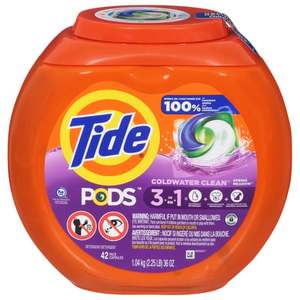















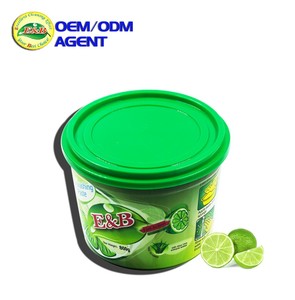





































































































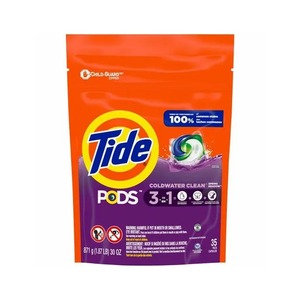
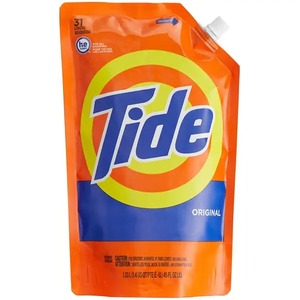
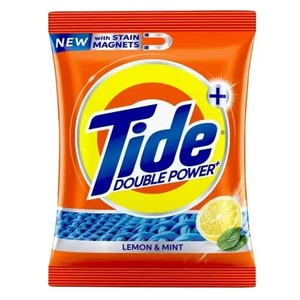
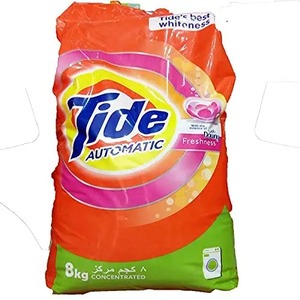























































 Ready to Ship
Ready to Ship















Different types of solid soap detergent can be used for washing different kinds of skin. Here are some of the types:
Facial soap:
Facial skin is much more delicate than the rest of the skin in the body. Therefore, it needs specially crafted soaps that will clean it without causing any rashes or redness. These soaps are made for the face and are used for washing the face.
Body soap:
These are soaps made for the entire body, excluding the face. They are crafted with ingredients that will clean and moisturize the body. They come in different fragrances and colors.
Unscented soap:
Unscented soaps are made for people with very sensitive skin. They are crafted with gentle ingredients that will clean the skin without upsetting it. They are usually very basic and unscented.
Exfoliating soap:
Exfoliating soaps are made with ingredients such as coffee grounds, oatmeal, nuts, or fruit peels that will exfoliate the top layer of the skin when used. They are also made with moisturizing ingredients to avoid drying the skin.
Antibacterial soap:
Antibacterial soaps are made with ingredients that kill bacteria. They are usually the preferred choice when washing hands to prevent the spread of diseases.
Moisturizing soap:
These are soaps made with ingredients such as shea butter or coconut oil that will moisturize the skin while cleaning it. They are great for people with dry skin.
Herbal soap:
Herbal soaps are made with different herbs that have been found to possess healing properties. They are made with these herbs for their antibacterial, anti-inflammatory, or antimicrobial properties.
Detoxifying soap:
These are soaps made with ingredients like charcoal that help draw out oil and dirt from the pores in the skin. They are usually used by people with acne-prone skin.
Skin type:
Determining one's skin type helps pick a bar that will be gentle and effective. For dry skin, moisturizing bars with oils like coconut or shea butter. Oily skin does better with antibacterial bars or those containing clay that absorb excess oil and help prevent breakouts.
Ingredients:
One wants to avoid harsh chemicals and synthetic additives. Natural oils and butters are moisturizing. Botanicals add gentle exfoliation and color. Scents from essential oils, not chemicals, provide aromatherapy benefits. Knowing key ingredients helps choose bars that are nourishing.
Benefits:
Considering what one needs from a bar leads to the best choice. Does one's skin need extra hydration? Is it a breakout prone, need balancing? Any exfoliation required to slough off dead skin cells? Targeting specific needs makes for effective cleansing.
Scent:
Aromatherapy is powerful. Scents from lavender or citrus can relax or energize. Choosing a bar with a pleasing, natural fragrance enhances the cleansing experience through smell, which is as important as the look of the bar.
Ethical considerations:
Supporting companies that align with one's values is important. Eco-friendly packaging and cruelty-free testing show a brand's commitment to the planet and people. These factors benefit the environment, too.
Price:
While one does not want to skimp on quality, many solid soaps are priced fairly. Reasonable rates allow for trying different bars until finding one's ideal match through experience, which is the best way to determine effectiveness.
Solid laundry detergent is a convenient way to keep clothes clean. They have a range of functions and features that make them easy to use.
Cleaning Power
These soaps have enzymes that break down stains. These enzymes work at different temperatures. Some work well in hot water, and others work well in cold water.
Stain Removal
Some solid soaps have stain removers. These stain removers target certain stains, like grass or grease. They help the enzymes work better on those stains.
Color Protection
Some solid soaps have ingredients that protect bright colors. These ingredients stop colors from fading or bleeding together.
Fragrance
Many solid soaps have scents that make clothes smell good. The scent comes from essential oils or other perfume oils. Some scents are fresh and clean, while others are fruity or floral.
Eco-Friendly Options
There are solid soaps that are good for the earth. These soaps use plant-based enzymes and have natural scents. They also use recycled or reusable packaging.
Solid soap is packaged in different ways. Some come in small, plastic tubs with tight lids. Others are in bottles with flip-top caps. These packages make it easy to scoop or pour the soap. Some packages are also designed to be used more than once.
Q1: Is a solid bar of soap better than liquid in terms of sustainability?
A1: Generally, yes. Solid soaps tend to have less packaging, which is better for the environment. They also have a higher concentration of active ingredients and require no preservatives, which is more sustainable. Additionally, shipping solid soaps uses less fuel because they are lighter than their liquid counterparts.
Q2: What should be considered when choosing a solid soap for laundry?
A2: It is essential to consider the scent, size, and formulation when choosing a solid soap for laundry. The fragrance of the soap will linger on the clothes, so it should be fresh and long-lasting. The size of the soap should fit the washing machine's drum easily, and the formulation should be compatible with the machine.
Q3: What are some common misconceptions about laundry soap bars?
A3: One common misconception is that they are only suitable for hand-washing clothes. In fact, they can be used in both hand-washing and washing machines. Another misconception is that they are less effective than liquid detergents, but they can be just as powerful when formulated correctly.
Q4: Can solid soap bars be used for more than one purpose?
A4: Yes, solid soap bars can be used for personal washing, dishwashing, and even handwashing in emergency situations. They are versatile and can be used in various applications, making them a convenient choice for consumers.
Q5: Are there any solid soap bars that are particularly well-suited for use in septic systems?
A5: Many natural and organic solid soaps are gentle on septic systems because they contain fewer harsh chemicals and synthetic ingredients. Look for soaps that are biodegradable and free from sulfates for a septic-friendly option.